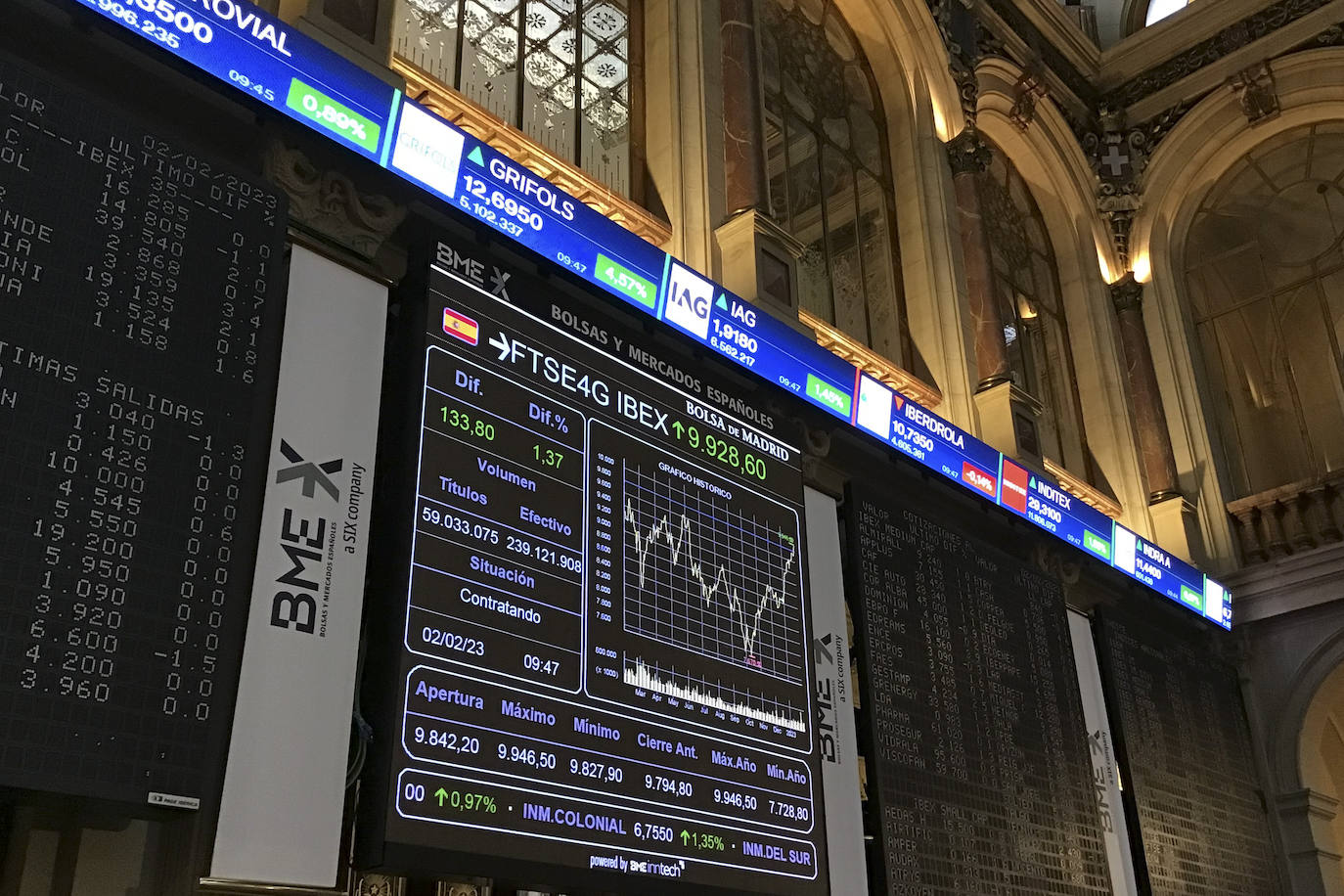
Stocks or bonds?
In times of heightened uncertainty, it is very difficult to invest with conviction
JEREMY BLATCH jb@ehh.gi
Friday, 17 March 2023, 10:29
Secciones
Servicios
Destacamos

JEREMY BLATCH jb@ehh.gi
Friday, 17 March 2023, 10:29
The investor debate over the effectiveness of stocks versus bonds is as old as investing itself. Today investors are being forced to confront the debate ... again. Since the financial crisis of 2008, the monetary policy of central banks has systematically destroyed the purchasing power of currency by keeping interest rates artificially low and inflating prices of stocks artificially high. As a result, owners of stocks have done well, while a majority of those without stocks have not.
Bonds - loans that pay a fixed interest (coupon) to the holder - have proved genuinely more reliable than stocks over time. Stocks - part-ownership of a company - have generally produced better long-term returns. In his classic book, Stocks for the Long Run, Professor Jeremy Seigal provides data showing that between 1821 and 2021, stocks have produced +6.9%, bonds have produced +3.6%, and treasury bills have produced cash equivalent of +2.5%. However, this assumes that the investor is always fully invested and does not try to time when it is better to have more bonds, stocks or cash. Markets are made of people, and prices move in cycles. On occasions, this price fluctuation can be violent - as we have been witnessing in 2021 and 2022. This can make investors fearful until the pain forces them to sell at a loss, often never to return. This is precisely the wrong thing to do. The worst mistake an investor can make is to turn an unrealised capital loss into a permanent, irreplaceable loss.
For two decades, a portfolio of 60/40 allocations of stocks to bonds has given investors a modest safe return. Though this 60/40 allocation of stocks and bonds is now out of favour, it showed the invisible hand spoken about by Adam Smith, the celebrated economist of the 1800s: these portfolios produced consistent returns. Until they didn't!
For many investors since the crash of 2008, the solution has been to throw the baby out with the bathwater. Today with the US central bank leading the charge of aggressively raising interest rates, yields on government treasury bonds are approaching 5%. This means that the yield from US Treasury bonds has fallen to forty-year lows. We know we will receive from US stocks a dividend currently of 1.74%.
At the end of 2022, the sage of Omaha, Warren Buffet, held 92.7bn short term securities cash equivalent in the Berkshire Hathaway portfolio, and another 25bn in fixed interest securities, yielding a little more than cash. In addition, Berkshire held 308bn in stocks. Buffet's retirement portfolio for his wife is 90% invested in a broad US Index Fund with 10% in short-dated cash equivalent or fixed interest securities. In times of heightened uncertainty, it is very difficult to invest with conviction. To err on the side of safety may bring a feeling of short-term relief, but to buy when others are fearful and remaining invested will produce superior investment outcomes over time.
¿Tienes una suscripción? Inicia sesión
Publicidad
Publicidad
Publicidad
Publicidad
Esta funcionalidad es exclusiva para registrados.
Reporta un error en esta noticia

Debido a un error no hemos podido dar de alta tu suscripción.
Por favor, ponte en contacto con Atención al Cliente.

¡Bienvenido a SURINENGLISH!

Tu suscripción con Google se ha realizado correctamente, pero ya tenías otra suscripción activa en SURINENGLISH.
Déjanos tus datos y nos pondremos en contacto contigo para analizar tu caso

¡Tu suscripción con Google se ha realizado correctamente!
La compra se ha asociado al siguiente email
Comentar es una ventaja exclusiva para registrados
¿Ya eres registrado?
Inicia sesiónNecesitas ser suscriptor para poder votar.